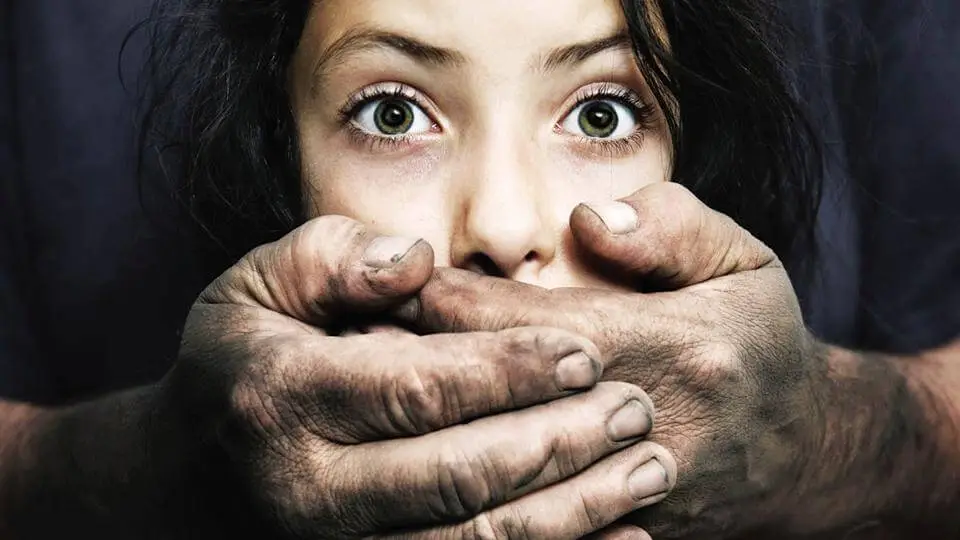Understanding Sexual Abuse and Elderly Abuse in Nursing Homes

Unfortunately, there are many cases of elder abuse that happen in US nursing homes across the country every single year. Elder sexual abuse is among the most heinous forms of maltreatment. Elder abuse happens when family members, friends, or other caretakers abuse the confidence placed in them to take care of the elderly and take advantage of them sexually. Elderly persons are the targets of abusers because they are thought to be weak and simple prey. They also mistreat the elderly because they think they won’t face consequences for doing so, especially if the victims are frail, aged, or easily perplexed. While senior sexual abuse can happen anywhere, it regrettably happens in nursing homes the most frequently. Families and caregivers must be aware of the warning signals of this kind of abuse because these behaviors are very immoral and illegal.
The act of initiating unwanted or nonconsensual physical or sexual contact with an elderly person is known as elder sexual abuse. Making contact with an elderly person who is confused or unable to give consent is also included in this abuse. If the contact is sexual in nature and nonconsensual, regardless of how significant or insignificant it may be, it is sexual abuse. Elderly sexual abuse can include both unwanted touching and elder rape. Sexual assault, battery, sexual photography, forced nudity, unwanted touching, and rape are the most common types of elder sexual abuse that happen in nursing homes.
Table of Contents
Which Nursing Home Patients are at Risk of Sexual Abuse?
Most often, elder sexual abuse takes place when the perpetrator thinks they can harm the victim without suffering any consequences. Due to their inherent vulnerability, elderly patients are therefore the group most at risk. Compared to elderly males, elderly women are far more likely to experience sexual abuse. Another consideration is age, and elderly nursing home residents are more likely to experience maltreatment. Patients with physical disabilities, who are frequently isolated socially, and who are detached from their families, are all at higher risk of nursing home sexual abuse as well. Facilities with dedicated and professional medical staff are much safer for elderly patients. By educating yourself about these facts, you can be more vigilant in watching out for and protecting a loved one who lives in a nursing home.
Common Signs of Sexual Abuse Happening in Nursing Homes
There will probably be physical signs of abuse if an elderly person is being sexually abused. Family members and caregivers must pay special attention to the evidence if they think their loved one is a victim. This is so that an abuser may be prosecuted, which is exceedingly difficult if there isn’t enough physical evidence. The more documentation of the abuse that exists, and the more proactive involved pirates are about contacting the proper authorities, the more likely that the abuser will be brought to justice.
Psychological signs of abuse are commonplace in these instances as well. It is crucial to get in touch with authorities if you notice potential signs and symptoms of sexual abuse happening to your loved one within a nursing home. Bruising, difficulty moving, depression, sudden social isolation, mood changes, agitation, anxiety, fear of caretakers, unexplained genital bleeding, STDs, infections, damaged clothing, and other extreme signs are all important to watch out for (and document).
Key Statistics Regarding Nursing Home Abuse
Over the past 20 years, there have been over 20,000 reports of sexual abuse in nursing homes, according to the Administration for Community Living. This indicates that roughly three elderly residents of nursing homes experience sexual abuse each day across the United States. The actual rate of sexual abuse in nursing homes may be significantly higher because these statistics do not account for sexual assault committed by other residents. It is challenging to understand the true magnitude of the issue because there is no national database on sexual assault in nursing homes.
Female nursing home patients and those suffering from dementia or Alzheimer’s are more likely to experience sexual abuse, according to the National Consumer Voice for Quality Long-Term Care. Due to their decreased communication and memory, residents with mental diseases like Alzheimer’s are also at significant risk of sexual assault. In 2016, the CDC found that 47.8% of nursing home residents had Alzheimer’s disease.
Protect Your Elderly Loved One
Remaining vigilant about your loved one’s experience in their nursing home is key to preventing abuse. If you suspect that a loved one has been abused by a staff member or a fellow resident, you should get in contact with the police, a sexual abuse lawyer, and the nursing home director immediately.






